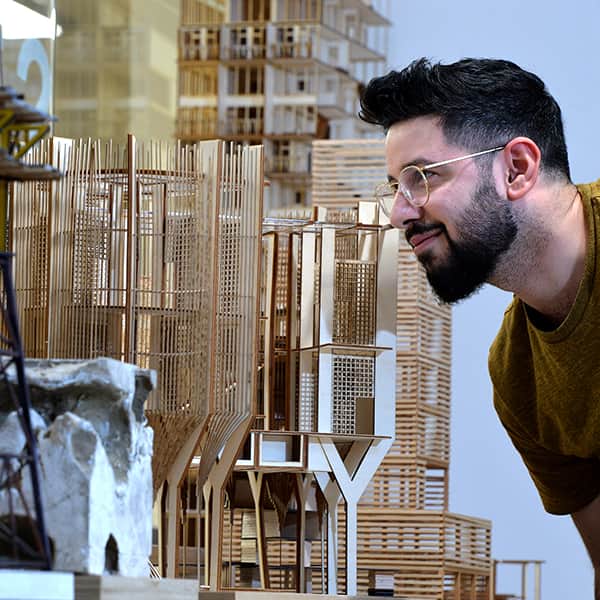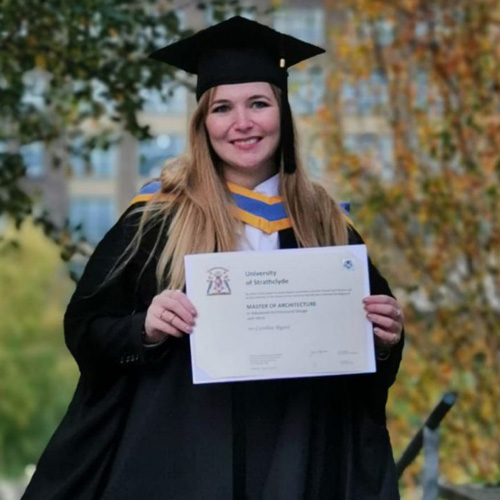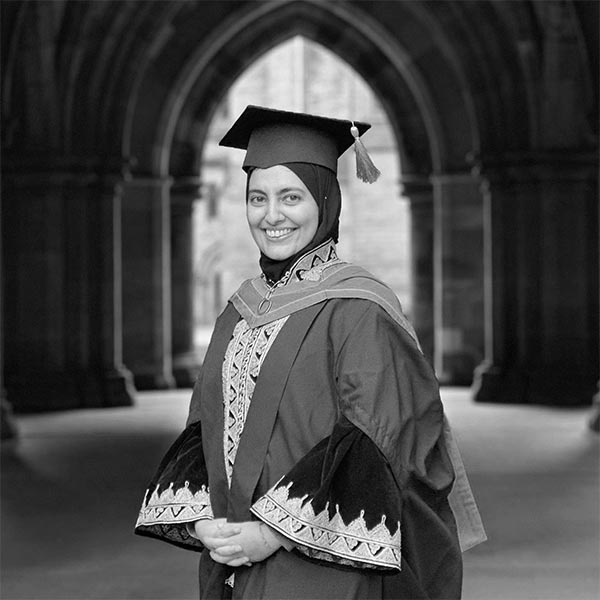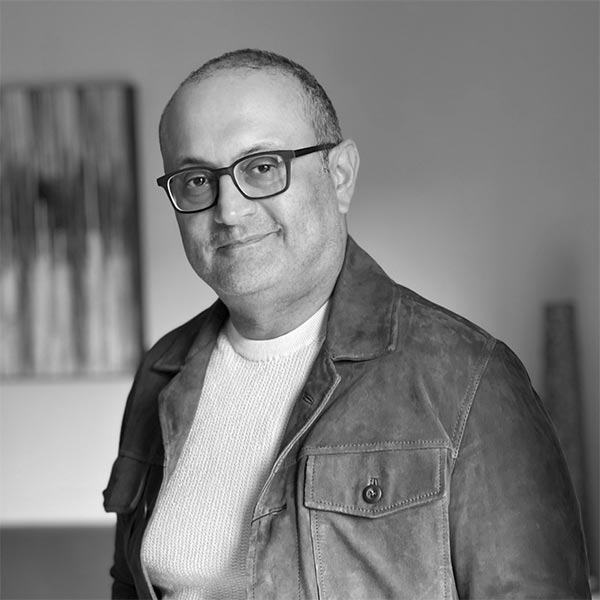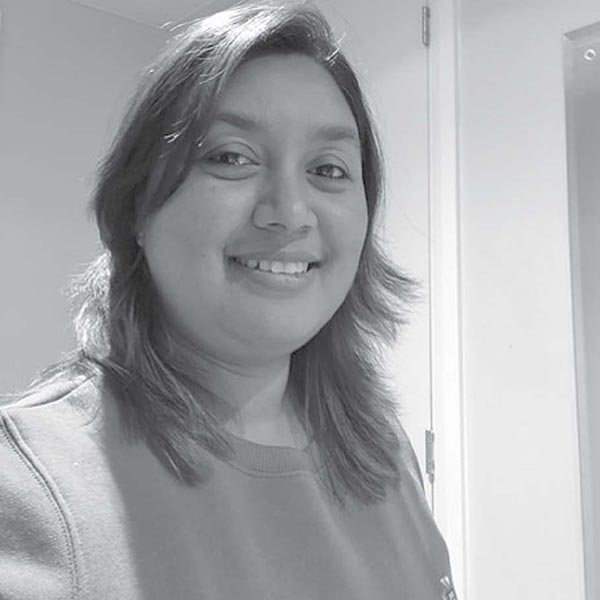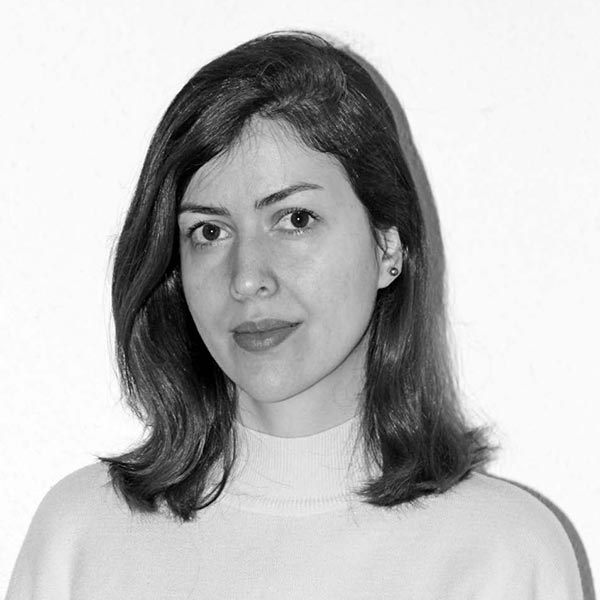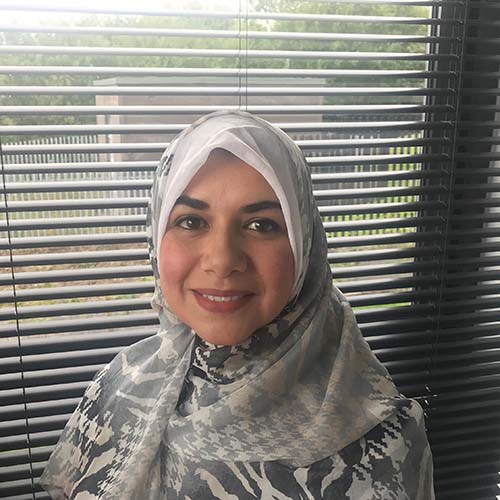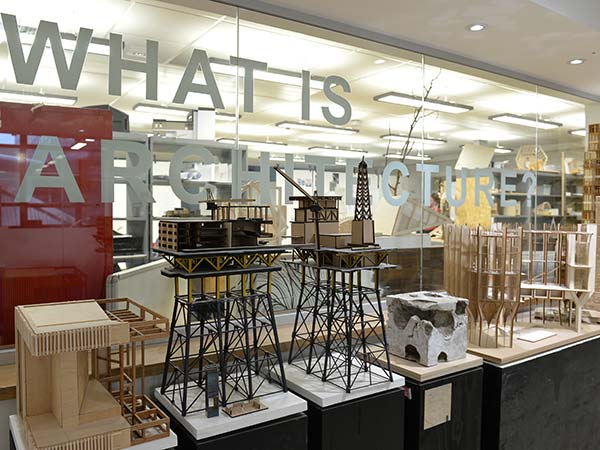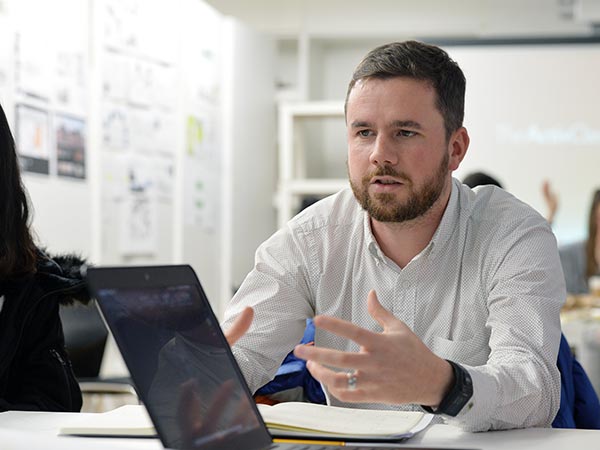Apply
Entry requirements
You'll need a first-class or upper second-class UK Honours degree, or overseas equivalent, in any discipline.
Previous research or industrial experience isn't necessary but is advantageous.
The application
During the application you'll be asked for the following:
- your full contact details
- transcripts and certificates of all degrees, translated into English where necessary
- two references, one of which must be academic and obtained before you apply
- an updated CV which includes research and/or industry experience and details of any publications
- funding or scholarship information
- research proposal of 250 to 1,000 words in length, detailing the subject area and topic to be investigated
International applicants
If you're applying as an international student, you'll also need to provide:
- proof of IELTS English language proficiency, if English isn't your first language
- a scanned copy of your passport
- a copy of your funding letter, if available
By filling these details out as fully as possible, you'll avoid any delay to your application being processed by the University.
Research proposal
Your proposal should clearly identify:
- your research question
- how your research question relates to other work in the field
- your proposed methodology and fieldwork along with the likely availability of information you'll need
- an indicative timetable
The research proposal is a key piece of information we use to evaluate your suitability to join us. If this is robust, interesting and demonstrates you have research attitude and potential, we will then make our best to ensure you can join us. Therefore, think long and hard about what to include in it, and how you do so. We expect to know:
- What are the broad area and more specific topic of your research? (you will need to demonstrate you are familiar with the key literature, methods and achievements in the area and topic selected). Do not send us masters dissertations. We want an edited summary of around one or two pages that frames this context; it must be properly referenced.
- A clear research question/hypothesis: what, in the context you set, remains unanswered or you would like to explore further and why?
- A mature suggestion on how you plan to tackle the question/hypothesis set, to demonstrate to us that you understand what research methods and fieldwork will be able to produce the information you need.
A good research proposal should be around 1500-2000 word, be well structured and properly referenced.
Bear in mind, that this initial proposal will change, and change substantially especially during your first year, once the supervisory team will start working with you and you will delve deep into reading. So, do not try to be too definitive in what you propose. We want you to be curious, and tentative, but we want this curiosity to stem from awareness and genuine passion. Remember, a PhD will be an intense 3 to 4 years, so you must come invested (i.e. you must have done readings in advance), as well as open minded. If that’s the attitude, you will have loads of fun.
In the proposal, tell us a bit about you as well: do you have special skills that might help you along the way (i.e. do you enjoy coding and programming? This will surely help you join the Urban Design Analytics group! Do you do community work that might help you in conducting surveys?). Fundamentally, we want the PhD to be shaped on you and your strengths.
It is also very possible that you approach us with no proposal, but discovered that one of the projects our staff is involved in and would like to supervise is of particular appeal to you. Also in this case, we’d expect your Proposal to explain why, and how this topic matches your skills and interests.
Supervisors
Research supervisors are assigned to you by the Department of Architecture. Let us know in your application who you'd like to work with, but the Department will team you up with the best supervisor to support your project.
Once we've received your application, your research proposal is passed to potential supervisors for consideration. If it's not compatible with the researcher's current projects and they are unable to supervise, it will be passed along to another for consideration. If they can supervise you, they'll confirm and nominate a potential second supervisor.
As soon as a second supervisor is confirmed, an offer of study will be sent to you through Pegasus, our online application system.
When you accept our offer, you'll receive a full offer in writing via the email address you'll have provided.
Accepting an offer
Once you've accepted our offer, we'll need you to fulfil any academic, administrative or financial conditions that we ask.
UK or EU students
If you're applying as a UK or EU student, you'll then be issued with your registration documentation.
International students
An ATAS (Academic Technology Approval Scheme) clearance certificate is a mandatory requirement for some postgraduate students in science, engineering and technology.
Find out if you need an ATAS certificate.


